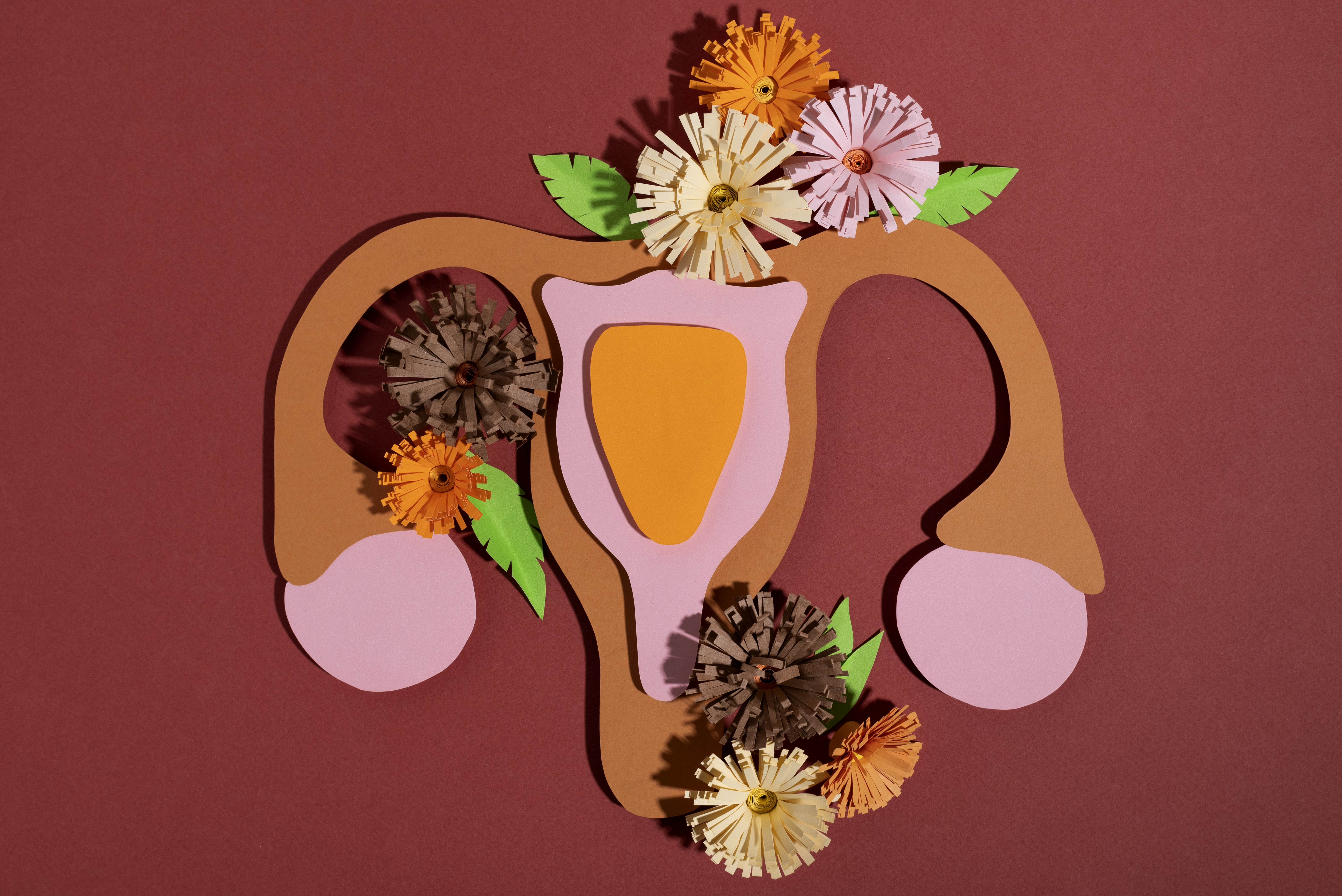Women’s bodies have long been surrounded by myths, half-truths, and taboos. While sex education has progressed over the years, there’s still much misinformation circulating.
Myth 1: “The Hymen is a sign of virginity”
For years, society has placed a symbolic meaning on the hymen, believing its intactness indicates virginity. However, this is one of the most pervasive myths about women’s bodies.
Fact: The hymen is a thin membrane that partially covers the vaginal opening and can stretch or tear due to various activities, not just sexual intercourse.
Myth 2: “Menstrual cycles Should always be 28 days”
The textbook menstrual cycle is often touted as lasting 28 days, which has led many women to worry if their cycle is shorter or longer.
Fact: A normal menstrual cycle can range from 21 to 35 days. Hormones, stress, diet, and exercise habits all influence the length of a woman’s cycle. Keeping track of your cycle, however, can help identify patterns or any changes that might signal a health concern.
Myth 3: “You can’t get pregnant during your period”
This myth has caused confusion among young women for years. While it’s unlikely, it’s not impossible.
Fact: Although the chances of getting pregnant during your period are lower, it is still possible. Sperm can live inside the female reproductive tract for up to five days. If a woman ovulates shortly after her period, the sperm could fertilize the egg. According to research from the National Institutes of Health (NIH), many pregnancies occur because couples incorrectly assume they are “safe” during menstruation .
Myth 4: “Vaginal discharge is a sign of poor hygiene”
Some women believe that any vaginal discharge is a sign they need to cleanse more thoroughly.
Fact: Vaginal discharge is a normal and healthy part of a woman’s reproductive system. It helps keep the vagina clean and free of infections. The type, color, and consistency of discharge can vary depending on where a woman is in her menstrual cycle. The professionals recommends women familiarize themselves with their normal discharge patterns so that they can detect any unusual changes that might indicate an infection .
Myth 5: “Birth control leads to long-term infertility”
The fear of becoming infertile after stopping hormonal birth control persists, even though it’s unfounded.
Fact: Hormonal birth control methods like the pill, patch, or IUD do not lead to permanent infertility. According to Planned Parenthood, most women’s fertility returns to normal almost immediately after stopping birth control, although it may take a few months for some women’s cycles to regulate fully . However, factors like age or underlying health conditions can affect fertility, but birth control itself is not a cause.


